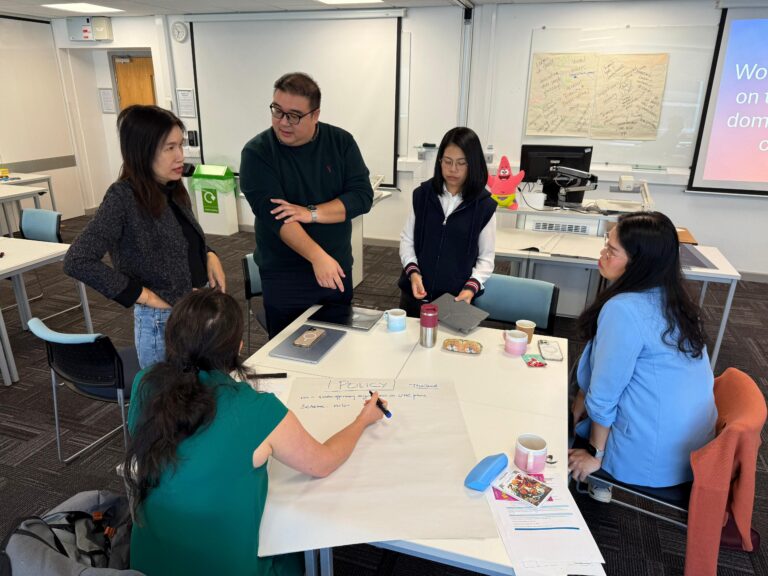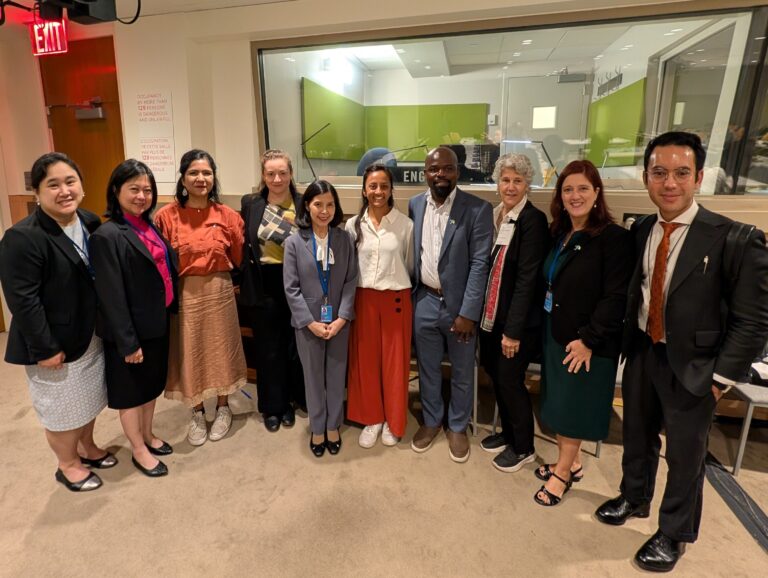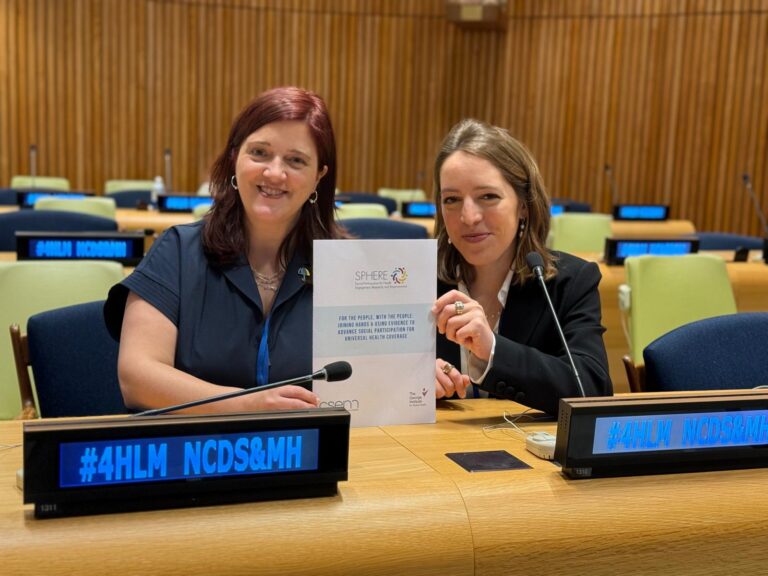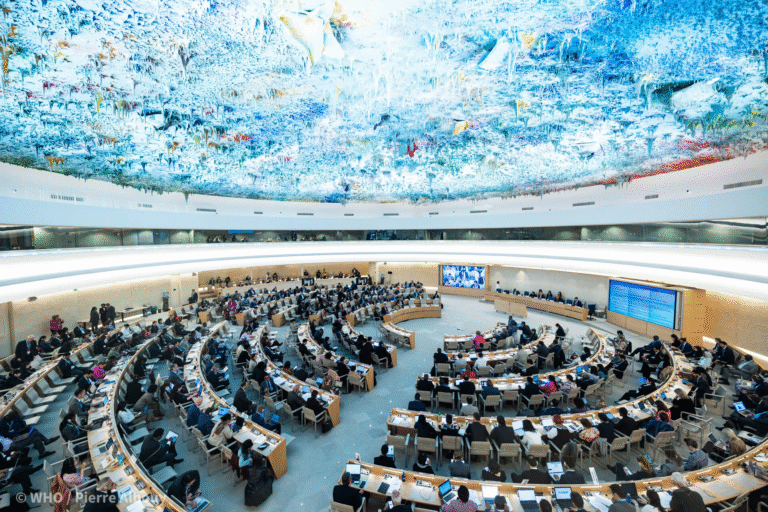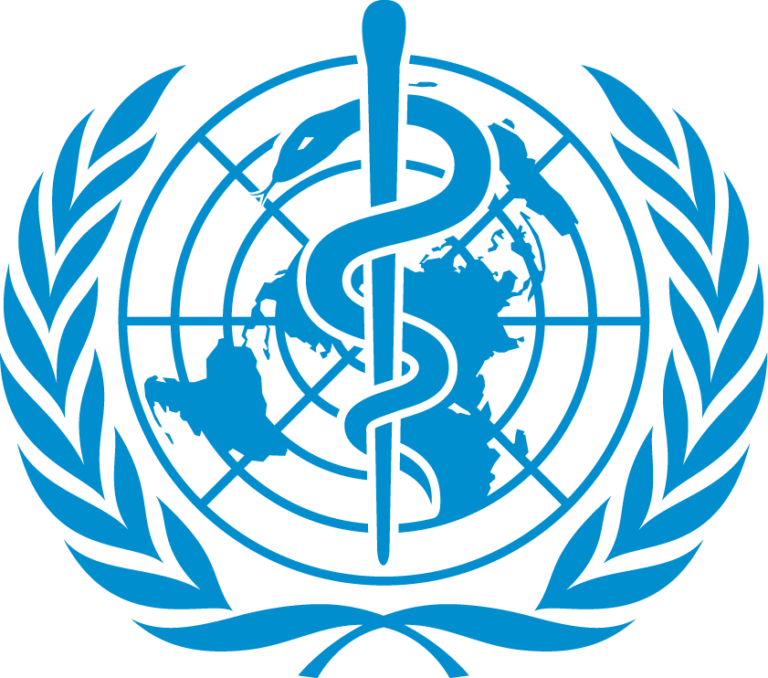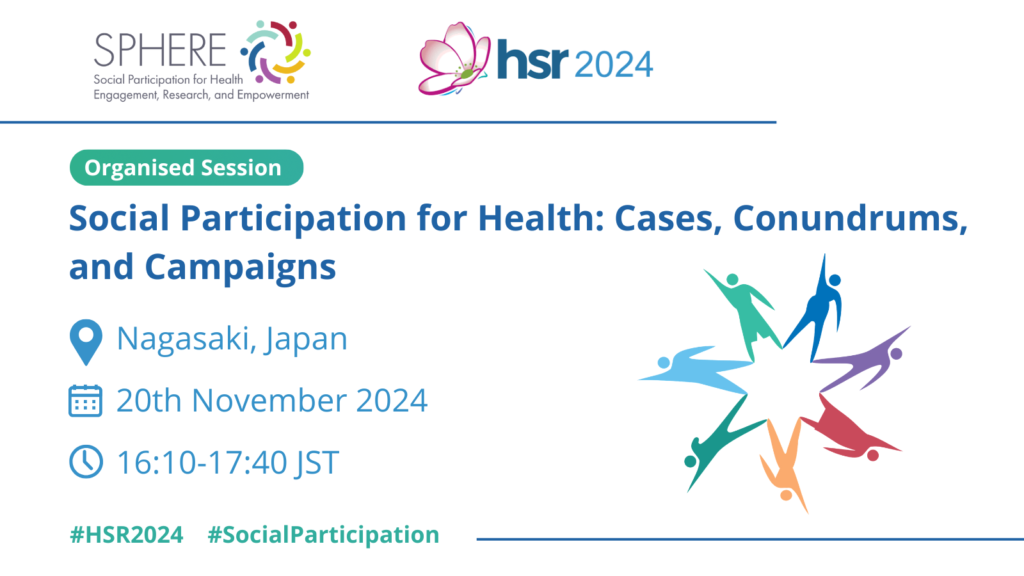
Social Participation for Health (SPH), the empowerment of people, communities, and civil society to participate in and influence decision-making processes for health has demonstrated gains and impacts in health system reform. Gaps remain in our understanding of the role research in enhancing and understanding SPH using context-relevant methods.
On the heels of the 77th World Health Assembly (WHA77) resolution on social participation for universal health coverage, health, and well-being, there is a need for meaningful partnerships between implementers, organisers on the ground and the Health Policy Systems Research (HPSR) community. This is the mandate of the Social Participation for Health: Engagement, Research, and Empowerment (SPHERE) consortium. Research is important for understanding the nature and extent of barriers to SPH, in addition to when, how, and why certain strategies work in different contexts, offering valuable lessons for researchers and advocates seeking to influence policy agendas.
SPHERE-led breakout discussions, resembling ‘escape rooms,’ will allow participants to explore SPH challenges, as well as the strategies, and resources required for addressing them. The session will feature case studies from Argentina, Kenya, and Vietnam. The cases are intended to help participants understand the struggles experienced by civil society organisations (CSOs) in diverse contexts, strengthening their capacities to innovate – drawing upon available strengths and resources.
In Argentina, challenges include strengthening researchers’ capacity to design responsive research agendas for transgender communities and documenting advocacy for broader dissemination. In Kenya, advocacy has been underway to table a public participation bill – linking this advocacy and research agenda to Universal Health Coverage (UHC) policy reform will be explored. In addition, there is ongoing research in two counties (Isiolo and Kisumu) to assess the engagement of CSOs in the UHC agenda. In Vietnam, the challenge is of uniting disparate groups with distinct challenges to look at the flagship UHC reform – health insurance – where priorities, engagement methods, and attitudes may differ.
- Date: Wednesday 20th November 2024
- Time: 16:10-17:40
- Location: Dejima Messe Conference Centre, Nagasaki, Japan
- Format: In-person
- Audience: attendees of the HSR Global Symposium on Health Systems Research 2024
- Register here
Although the event will not be live-streamed, we intend to publish a synthesis of the discussions afterwards.
Objectives:
- Increase understanding of and discuss the strengths and innovations of obstacles faced by campaigners for SPH in three country contexts.
- Discuss strategies and resources required for moving the SPH agenda forward.
- Mobilise participants to join forces in supporting the implementation of the WHA 77 resolution on social participation for universal health coverage, health and well-being.
Speakers:
- Carmen Ryan, Fundación Huésped, Argentina
- Claudia Selin Batz, The George Institute for Global Health, United Kingdom
- Devaki Nambiar, The George Institute for Global Health, India
- Nguyen Thi Kim Dung, The Center for Supporting Community Development Initiatives (SCDI), Vietnam
- Ruth Warutumo, The Health NGOs’ Network (HENNET), Kenya
- Justin Koonin, ACON (Australia) and Member, Universal Health Coverage Movement Political Panel, UHC2030
Agenda:
(all times are displayed in Nagasaki time)
16:10-16:25 Welcome and scene setting – Chair, Justin Koonin
16:25-16:40 Local Actions, Global Impact: Showcase of SPH research and action across Kenya, Argentina and Vietnam – Carmen Ryan, Ruth Warutumo, Nguyen Thi Kim Dung
16:40-17:10 Group activities – ALL
17:10-17:30 Reporting back – facilitated by Devaki Nambiar
17:30-17:40 Closing remarks – Chair, Justin Koonin
Further reading:
- Learn more about HSR2024, including the theme for this year’s conference on ‘Building just and sustainable health systems: centering people and protecting the planet’, by visiting the website accessible here.
- Explore the CSEM civil society toolkit that was developed ahead of WHA77 to support and encourage CSOs to advocate for the adoption and implementation of the resolution on SPH. It aims to equip stakeholders with strategies and tools to engage Ministers of Health (MoH) and support action at national and local levels.
- Read ‘Are we listening? Acting on commitments to social participation for universal health coverage’. This commentary, prepared by members of SPHERE, emphasises the pivotal roles of civil society and communities in advancing UHC, alongside key actions Member States can take to promote meaningful, inclusive social participation.
- Read the EuroHealth Net article on SPH, with case studies from the European Union, Argentina, Burkina Faso, and Slovenia, illustrating how civil society capacities can be strengthened to support SPH. It reflects on lessons learned, offering recommendations for governments and CSOs to enhance the inclusion of vulnerable and marginalised communities in health governance.
